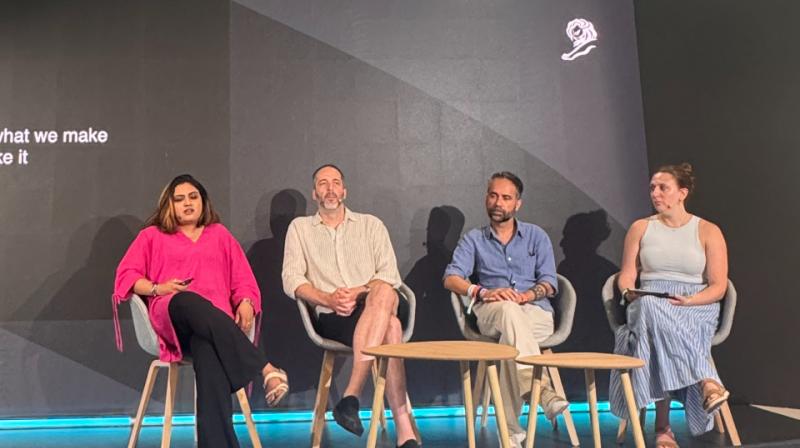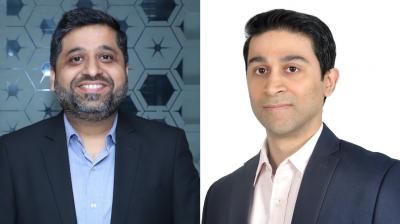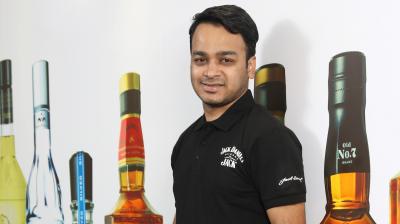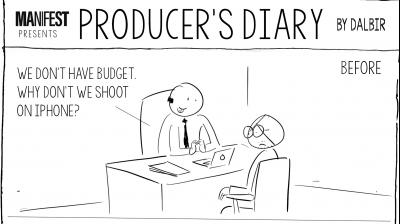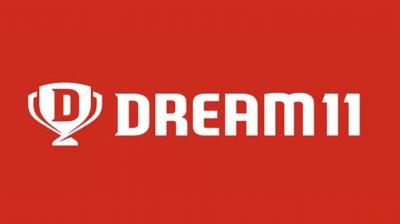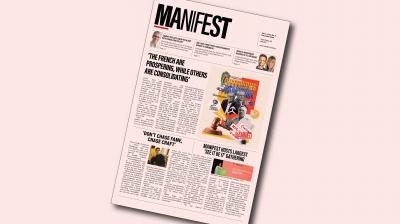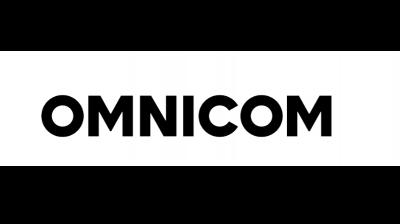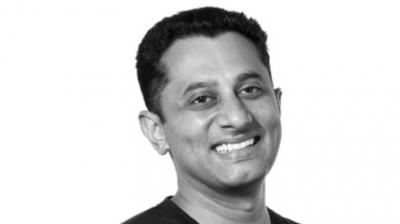On the fifth and final day of the Cannes Lions International Festival of Creativity, Ananya Srikanth Rao, brand director, strategy, Saatchi & Saatchi; Ali Rez, chief creative officer, Impact BBDO; and Marcos Kotlhar, partner and chief creative officer, Le Truc, spoke about how can the industry solve problems like creative geniuses and also discussed what fuels the ingenuity of the top creatives.
The talk was moderated by Alison Weissbrot, executive editor, Adweek.
Kicking off the talk, Rao, said, “Two days ago, someone stopped me around Gutter Bar at 2 am and asked me where do you see yourself in five years. This is the basis of what my talk is going to be about.”
She explained, “I want to work with good people and do good work. I have learnt and unlearned in real-time while on the job. I have had an interesting career progression. Our industry is evolving but one thing makes me iffy – we still see time spent and tenure as the default measure of success.”
She added that there’s no lack of talent. It’s the access that the talent lacks.
“We require access to the brief, to the table and the mic. The problem isn’t the lack of talent, the problem is the lack of open doors. Instead of inviting them in we ask them to have patience. The best thinking comes from those from one step outside the gates. Relevance doesn’t come from top down, but from inside in,” she said.
It was that access that helped her win her first Cannes Lion.
“I won it at the age of 21. Access leads to work that makes history,” she added.
She also spoke about the importance of culture.
“Compared to most of you, I’m newer to the industry, but I’ve studied it and obsessed over it. I’m the only one who has noticed this – the same voices are getting briefed and spoken about. And then we wonder why some of the work doesn’t land. You can’t win in culture by having just one type of voice. It’s supposed to be messy and collaborative. Far too often, the rooms that decide what represents culture look nothing like what it should be,” she said,
Her last piece of advice was: “The best work doesn’t come from dominance. It comes from difference. Creative equity isn’t just about what we make; it’s about how we make it. Don’t build work that wins – build systems that win.”
Kotlhar’s point-of-view on creativity sent him on a sole searching journey to see his mantra.
According to him, creativity is about rebelling against the obvious.
“That has formed how I do things and what I do things for. It’s a personal point of view. That’s kept me sane and currently employed in advertising,” he said.
“If one rejects the obvious, one becomes an agent of change. This is explosive and is powerful stuff,” added Kotlhar.
He listed four ways one can resist ordinary, blow up things and ‘perhaps make ads’.
Reject ordinary tools
“This has been true since my college days. Ordinary tools lead to ordinary outcomes.
My first job, first grand prix, first art exhibit – always used non-traditional tools. This almost becomes a cheat. Don’t use tools like Midjourey. Using it will make your work look like everything else.”
Don’t work for ordinary people stuck in ordinary ways
“Le Truc is a weird place. No one knows what it is. It’s a creative collective within the Publicis ecosystem. It’s fluid, messy and hard to define and that makes me excited," he said.
If someone tells you to do ordinary, don’t
Giving the example of a piece of work for The New Yorker, he said, “We got called by the brand. They said, hey, we’re turning 100 and we bought some media. Can you help make a film to drive to a 'subscribe now offer'? We didn’t do that. We dove into their archives and saw 700 of their iconic covers and made a film that was an ode to their covers. It did have a subscribe now message at the end.”
Defeat your own ordinary
The fourth piece of advice was for seasoned creatives.
“One could be in the groove and making mind-blowing work. People love it. Everyone loves you and your ego is inflated. You win a Lion. You rinse and repeat. You can’t do that. You need to use your momentum to break your patterns and try something new,” he said.
Next up was Rez.
He stated how he dropped out of physics because he wasn’t good at it, but during that time he picked up two important life lessons.
One of them was the importance of escape velocity.
“We are all held together on earth by forces. Gravity pulls us to the centre of the planet. To escape it, just like a rocket needs to, one needs thrust and a force to detach,” he said.
He compared that to creativity.
“We are born creative and as we grow older we curb it. Children are creative and play without fear. As we grow older we internalise that fear and stop being experimentative. While producing work, we employ this system of what’s holding us back. It could be an internal one or a mental fear of not being good enough. It could be deadlines or bosses or clients who don’t want creative work,” he said.
He urged creatives to ask what is the force holding them back and try getting out of it.
He spoke about some mantras with a piece of work each to support that.
Fear
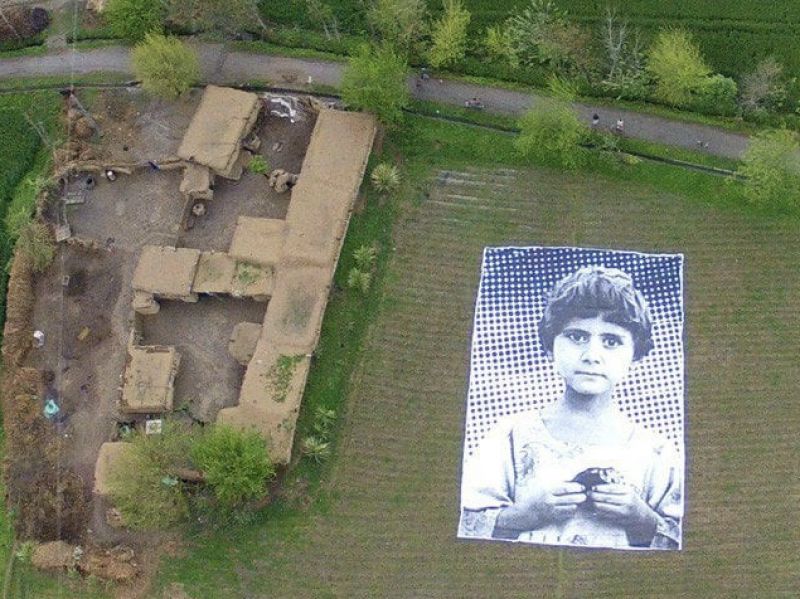
Referring to the poster above which was to stop the sale of drones which were being used to bomb areas, he said, “It was a risk to be taken. Some thought if we created it, we would be bombed. Fear stops one from doing stuff. It could be about getting bombed, or someone might be thinking it’s a stupid idea. We don’t let fear hold us back. It was the first Gold Lion for Pakistan and reached the desk of Barack Obama – who we wanted to reach”
Collaborations
He spoke about the importance of having the right people.
“One can’t go too far if one is not co-ordinating with the right people. People who don’t have your interest hold you back. We are fortunate that everyone at BBDO wants to do the best pieces of work. The clients and the partners we work with,” he said.
Craft
The next piece of work he showed helped change a law in Pakistan, which made the minimum marriageable age to 18 in the country.
“Doing big craft is important. We went after politicians to change the law to 18 years. We created handmade wedding cards for the same which were created by children. The law has been passed now. There was no AI used and cost us less than USD 5000. We did craft differently and authentically,” he said.
Do stupidity in a big way
The next piece of work was done by Impact BBDO in collaboration with BBDO in New York.
“Someone suggested this in a meeting as a joke and it became a big idea,” he explained.
Big ambition
He urged creatives to think big and have ambition.
“Etihad Airways was partnering with Mission Impossible. Etihad Airways has cabin crew, so we threw them out of the plane and got an orchestra to play the theme song while free-falling. We had to find six skydivers who knew how to play music. We could have faked it with a green screen. But we did 100 retakes and had a client who wanted to do the organic way. That’s ambition, we wanted to do it in a big way,” he stated.
Big impact
Another campaign he spoke about was for the UN Women in Pakistan.
He explained it, We wanted to do something really big. Women in Pakistan are more at risk of facing violence when married – men don’t hit their mothers or sisters. We used henna to show signs of marriage. Politicians took this on and approved a bill to increase the punishment of people who indulged in domestic violence.”
He closed his talk by quoting Rabindranath Tagore and said that is the only way they can escape velocity.
’The things that belong us to us will come to us if we create the capacity to receive them.'

.jpg)
